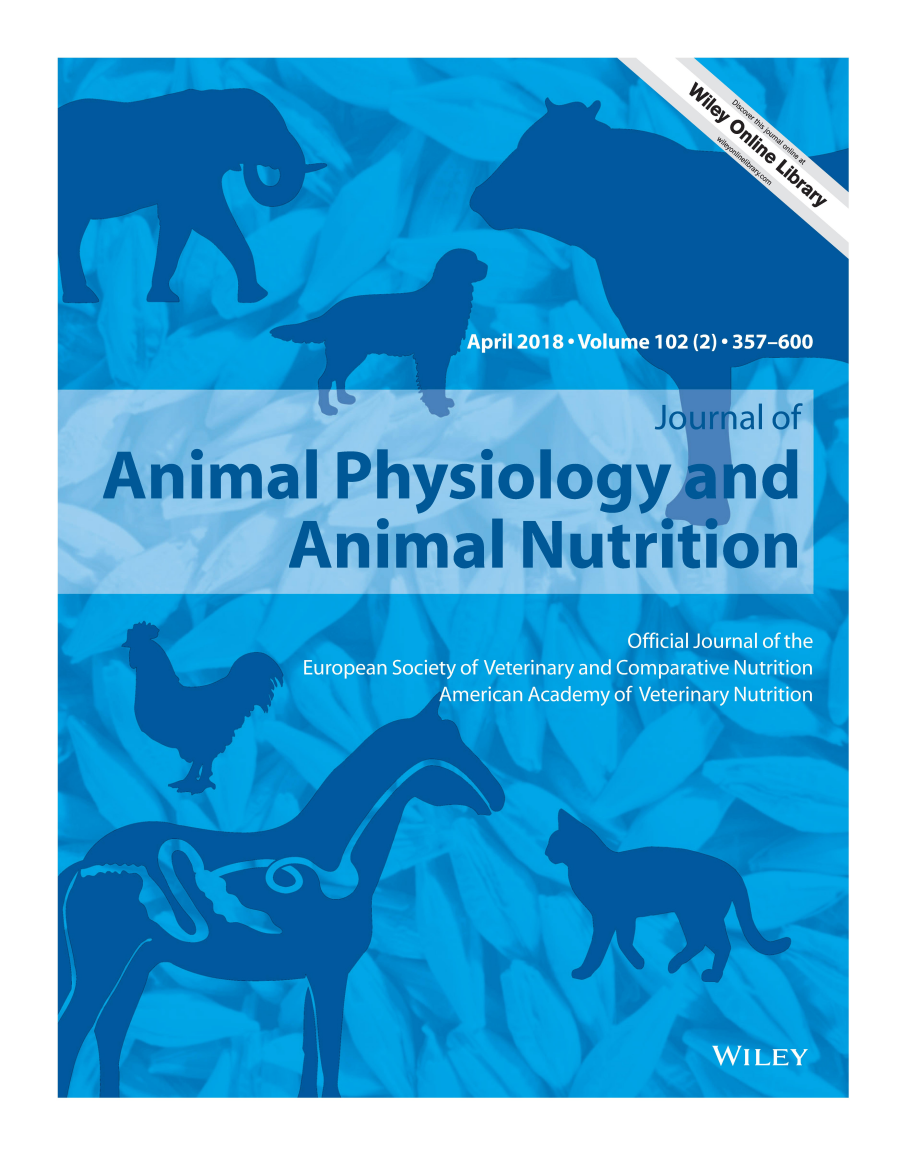 A fish scientist in Iran has now lost 13 papers about the properties of Sturgeon sperm — try saying that five times fast — and other ichthyological topics over concerns about faked peer review.
A fish scientist in Iran has now lost 13 papers about the properties of Sturgeon sperm — try saying that five times fast — and other ichthyological topics over concerns about faked peer review.
The three most recent retractions come from the Journal of Animal Physiology and Animal Nutrition. According to the notice:
The below articles published online on Wiley Online Library (wileyonlinelibrary.com) have been retracted by agreement between the submitting author, Mohammad Sadegh Aramli (2015, 2015a, 2015b), the Editor‐in‐Chief, Michel Goldberg, and Blackwell Verlag GmbH. After a thorough investigation, there is strong evidence to indicate that the peer review of these papers was compromised. The identities of the reviewers were unable to be verified, and it is believed that these papers were accepted based on recommendations from reviewers not suitably qualified.
Aramli is listed as a graduate student in aquaculture at Tarbiat Modares University, in Tehran. Sturgeon roe, better known as caviar, is one of Iran’s most lucrative exports. One variety, called Almas, can run more than $11,000 a pound — making it the most expensive caviar in the world.
Breeding sturgeon is therefore big business in Iran, which farms the fish for their meat and to cultivate the eggs of the females. In 2015, according to the Financial Tribune — an English-language Irani newspaper — the country produced 2.2 tons of canned caviar and 1,000 tons of sturgeon meat.
The three most recently retracted papers are:
- Aramli, M. S. (2015). Study of enzyme activities and protein content of beluga (Huso huso) semen before and after cryopreservation. Journal of Animal Physiology and Animal Nutrition, 99, 13–16.
- Aramli, M. S., Habibi, E., Aramli, S., & Nouri, H. A. (2015b). Determination of some blood and seminal plasma ions in the beluga, Huso huso (Linnaeus, 1758). Journal of Animal Physiology and Animal Nutrition, 99, 17–20.
- Aramli, M. S., Kalbassi, M. R., & Gharibi, M. R. (2015a). Effects of multiple collections on spermatozoa quality of Persian sturgeon, Acipenser persicus: Motility, density and seminal plasma composition. Journal of Animal Physiology and Animal Nutrition, 99, 66–72.
None of the three papers have been cited, according to Clarivate Analytics’ Web of Science.
The other journals Aramli has published in — and been retracted from — are Aquaculture Research and Reproduction in Domestic Animals. All three titles belong to Wiley.
The most recently published of Aramli’s retracted papers, “Motility and oxidative-antioxidant capacity of Huso huso semen, stored at -80°C,” came out in October 2016, with a submission date of July 2016. That’s roughly two years after publishers became aware that authors were cheating their peer review systems.
We contacted Wiley to ask how the publisher missed the alleged subterfuge, but did not receive a response before deadline.
Overall, more than 600 papers have been retracted as a result of fake reviews.
Iran, too, is not a stranger to the problem. In January, we reported on the case of Ahmad Salar Elahi, who has lost 24 papers in Elsevier journals for faking peer reviews. Some weeks later, the Physics Society of Iran wrote to us to condemn the behavior. In an email from the society’s president, Mohammad Reza Ejtehadi to RW co-founder Ivan Oransky, Ejtehadi called Elahi’s actions “unethical.”
In an article published by Physics World in March, Ejtehadi added:
Our image in the international scientific community is important for us…
Update: May 22, 2018, 16:49 UTC: We’ve heard from a spokesperson for Wiley, who told us:
Wiley’s Best Practice Guidelines on Publishing Ethics, provide a clear outline of the responsibilities of editors and peer reviewers including on the use of author-suggested reviewers. As a result of the issues that arose through the case, we have reconfirmed the protocol at these journals and we continue to support our editors on these issues. While these retractions have not led to changes in protocol at Wiley, our dedicated team of peer review experts ensure our processes remain some of the strongest in the industry including following COPE guidelines. Wiley will continue to support our editors to ensure the peer review process remains rigorous as well as provide them with the guidance and tools needed to help prevent cases such as these arising in future.
Like Retraction Watch? You can make a tax-deductible contribution to support our growth, follow us on Twitter, like us on Facebook, add us to your RSS reader, sign up for an email every time there’s a new post (look for the “follow” button at the lower right part of your screen), or subscribe to our daily digest. If you find a retraction that’s not in our database, you can let us know here. For comments or feedback, email us at [email protected].
So that’s the numerator; but we need the denominator to decide on whether this is an instance of Sturgeon’s Law.